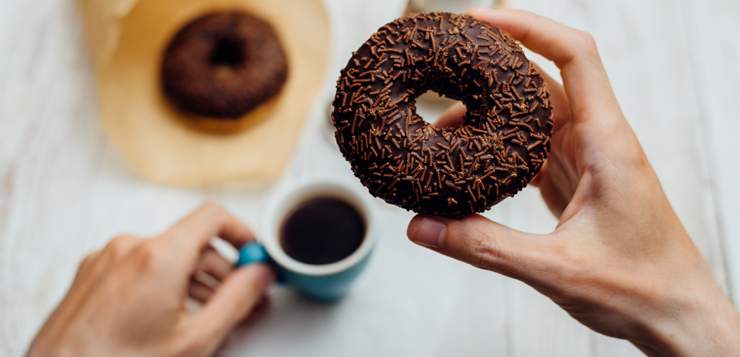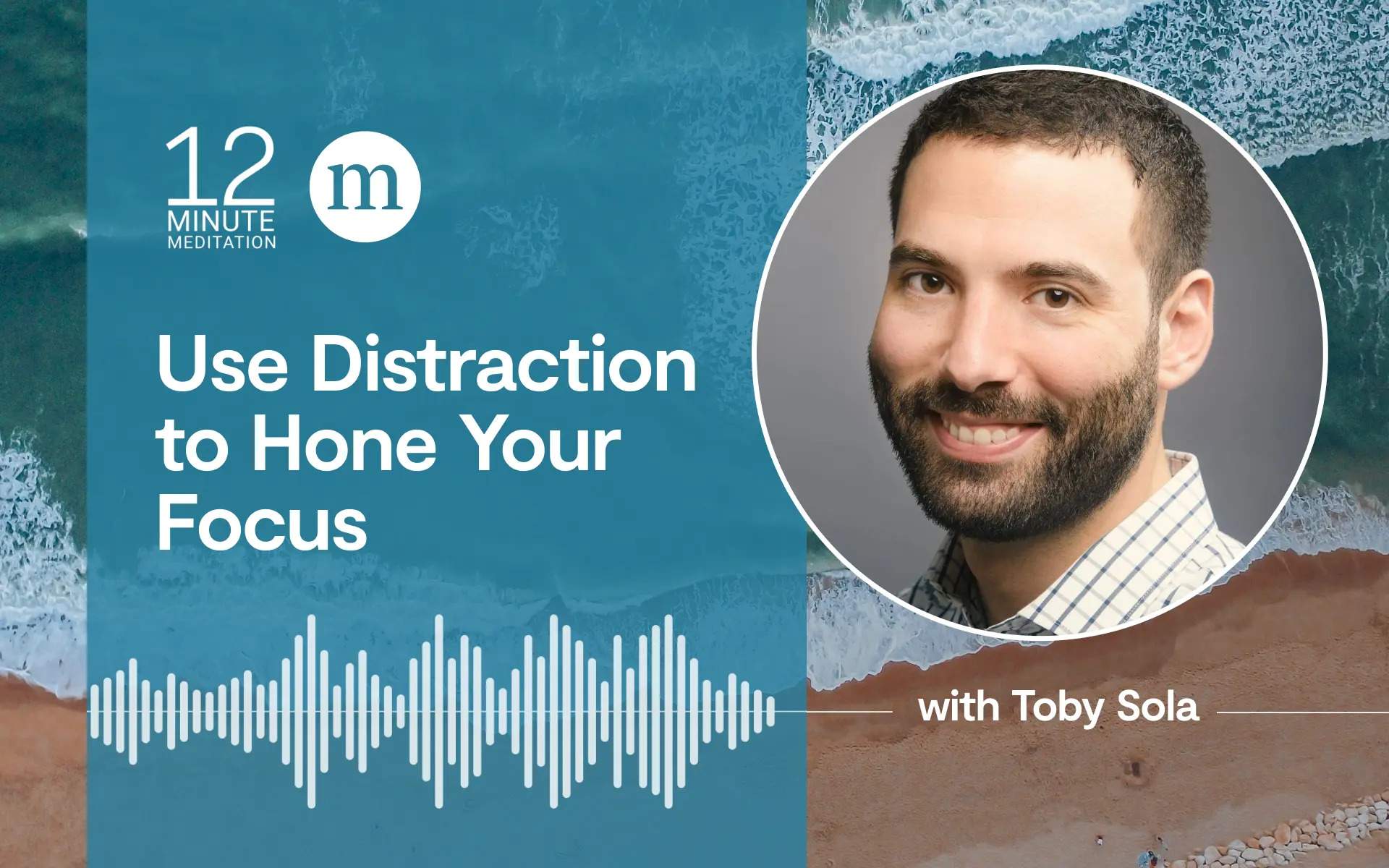Mindfulness has been positively linked with emotional regulation and self-control, leading many to tout it as the secret sauce for making behavioral changes and achieving goals, like losing weight. Indeed, brain scans have shown that regular meditation practice strengthens the brain’s “executive functions,” a set of cognitive processes that, among other things, helps us to control our behavior and to set and reach goals.
But a new study found that when it comes to exerting self-restraint over our desires, it’s the conviction in the perceived payoff that matters.
For the study “State Mindfulness and Self-Regulation,” researchers at Saarland University in Saarbruecken, Germany, and at the University of Cologne, Germany, tested how people experienced and dealt with their desires when in a self-reported mindful state.
That last bit is an important distinction, says study author Malte Friese, Ph.D. State mindfulness refers to a temporal experience that varies within you, from one moment to another or over the course of the day. For this study, it was measured by a set of tailored questions to suss out study participants’ internal experience.
Trait mindfulness, on the other hand, speaks to a person’s general disposition, a part of your personality if you will, and is influenced by practices like meditation. This is the type of mindfulness most often studied.
When participants in Friese’s study were found to be in a high level of state mindfulness—that is, they self-reported that in that very moment they were keenly aware of their inner state among other things—they were more willing to engage their desires.
That’s right. They desired something and were more likely to just go for it.
Furthermore, after indulging, they experienced less guilt or regret from that decision. (The study authors didn’t ask people to specify their desires, just to notice them.)
Wait a minute! Isn’t being mindful supposed to help you to be less impulsive and have more self-restraint?
Well, yes … and no.
First, being mindful predisposes you to notice everything, every detail, in living color, so to speak. Previous research has shown that, because of this, the object of your desire may seem even more appealing. You can literally taste that bit of chocolate or feel the inhalation on a cigarette, or whatever it is that you jones for.
Furthermore, the non-judgmental aspect of mindfulness makes one more accepting of their inner experiences. This is exactly what Friese and team found: Instead of feeling badly about giving into a desire, study participants didn’t beat themselves up about it afterward.
Even though participants were more likely to give in to some desires without guilt, they were also able to discern whether their desire was in conflict with a larger goal they had. When it really mattered to them, they could keep their eye on the prize and not give into the lure of instant gratification. The study authors found this “admirable.”
Now if this sounds like mindfulness encourages indulgence, get this: Even though participants were more likely to give in to some desires without guilt, they were also able to discern whether their desire was in conflict with a larger goal they had. (The study didn’t ask participants to reveal their goals, rather just to report on their influence in their decisions.) If giving into the desire threatened that goal, they had self-restraint.
In other words, when it really mattered to them, they could keep their eye on the prize and not give into the lure of instant gratification.
The study authors found this “admirable.”
“We call this ‘wise self-regulation,’” says Friese. And it’s healthy, he continues. “Why not, if you have a desire and it’s not in conflict with a [larger goal], enact it? When you have a beer, it tastes good. Of course, you shouldn’t do it if there is a risk involved. Say, having a hangover when you have a meeting in the morning. But if that’s not the case, indulging in the benefits of your desires strikes me as something good.”
What surprised Friese is that when it came to self-restraint in support of a higher goal, there was no difference between when participants felt more mindful than when they didn’t. “We expected that mindful people would be more successful,” Friese says.
He’s currently working on a new study with colleagues in Toronto to measure whether mindfulness training (in theory influencing trait mindfulness) changes how people experience and handle desires in their everyday life.
Source: Friese, M., & Hofmann, W. (2016). State mindfulness, self-regulation, and emotional experience in everyday life. Motivation Science, 2, 1-14.







